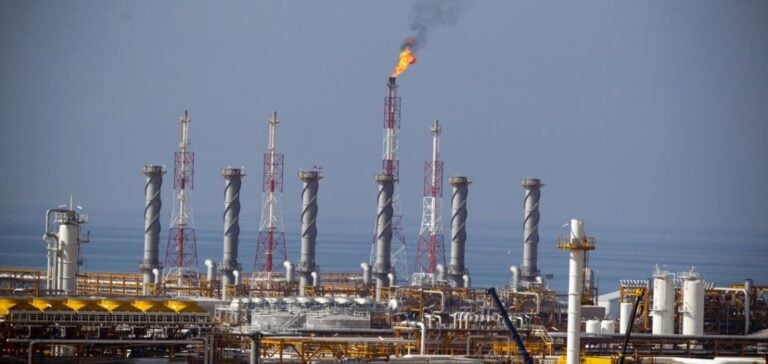Rising tensions between Iran and Israel mainly affected logistics costs for Asian refiners. Although oil supplies are not directly threatened, freight costs and insurance premiums have risen sharply. Experts point out that, despite the conflicts, no one wants to disrupt the trade flows that are crucial to Asia.
Stability of supply and diversification of sources
Despite the tensions, crude oil supplies from the Middle East to Asia remain stable. Regional refiners, notably in Japan and South Korea, are planning to adjust their spot purchases slightly to include more American and African oil, with the aim of diversifying their sources of supply.
Operating and economic efficiency of Japanese refineries
Japanese refiners, such as Idemitsu Kosan, are optimizing their operations to improve the cost efficiency of importing Middle Eastern crudes. The adoption of strategies such as the use of more economical VLCC freighters demonstrates a willingness to adapt in the face of rising logistics costs.
Impact on refiner margins and market prices
Rising crude oil prices are benefiting petroleum product margins and inventory valuations in the short term. However, high logistics costs between the Persian Gulf and Asia are weighing on the economies of refineries that process the region’s sour crudes.
Asia, which continues to import Middle Eastern oil on a stable basis, is seeing an increase in imports from the United States. The data show significant adjustments in the purchasing strategies of Asian refineries, particularly in Thailand and South Korea, which are reducing their dependence on Middle Eastern oil.






















